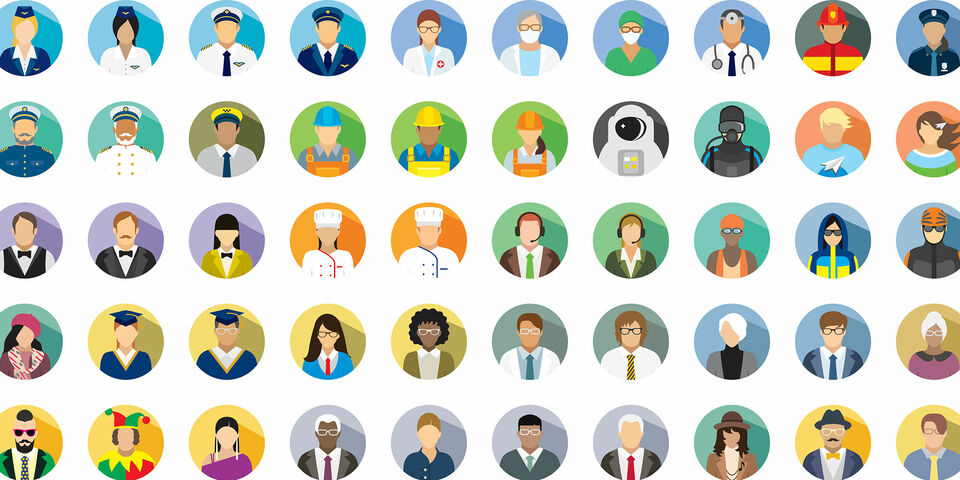Let scientist work together with nurse and entrepreneur
Not all smart people end up becoming scientists – in fact, smart people are everywhere. And if we are to overcome big challenges like coronavirus pandemics and climate change, we should also look for knowledge and inventiveness beyond the world of science, says advisory council AWTI.
They’re called wicked problems: complex challenges resulting from natural, social, political and economic developments that are difficult to tackle. We learned a lot about how to deal with wicked problems during the coronavirus crisis, according to the Advisory Council for Science, Technology and Innovation (AWTI).
The pandemic once more underlined the value of scientific knowledge, for instance, as the rapid development of vaccines was made possible by fundamental research conducted in previous decades. It’s not always easy to predict what knowledge we’ll need in the future.
The importance of interdisciplinarity was also highlighted many times over. During the early days of the pandemic, policy was mainly influenced by virologists, even though behavioural scientists could have also made significant contributions.
Society
Still, there has been comparatively little interest in the importance of knowledge and insights from outside the scientific community, even though these too are useful in times of crisis. The AWTI points specifically to individuals, companies and organisations that normally do little research and innovation, but are capable of doing so.
Nurses, teachers, artists and designers can contribute meaningful practical insights as well, the AWTI believes. The same is true for patient associations, the environmental movement and the business community, which could also offer “new, unexpected perspectives that science and government would otherwise miss out on”.
In a concise report, the AWTI therefore calls attention to the concept of ‘cocreation’, in which government, science and others arrive at solutions together. The CoronaMelder app is a good example of this, according to the AWTI. In a relatively short period of time, a safe app was built that alerted people if they had been in close proximity to someone with Covid. The development of the app was made possible by the work of 3,500 paid and unpaid experts.
Culture and hospitality
But the pandemic also produced examples of how not to handle major challenges. For instance, the government asked the business community to come up with their own plans to reopen safely. The cultural sector and the hospitality industry came up with all kinds of road maps and protocols, but little was done with them. “This gave people the impression that the government did not take contributions from society seriously enough”, the AWTI writes.
So the government needs to do more with contributions from outside science and politics. Because cocreation goes beyond simply asking society for ideas – it also means ensuring that those ideas are actually put to use, according to the authors, including privacy activist and AWTI member Marleen Stikker.
Details
Cocreation sounds straightforward enough, until you get down to the details. For example, agreements need to be made regarding “the ownership and use of jointly achieved results”, the AWTI notes. Who will have access to data and research results?
Moreover, most of the current initiatives are just preliminary explorations. In most cases, the expertise, networks and – not least – funding required to arrive at effective solutions is lacking. The AWTI believes the government should help remove these obstacles.


Discussion